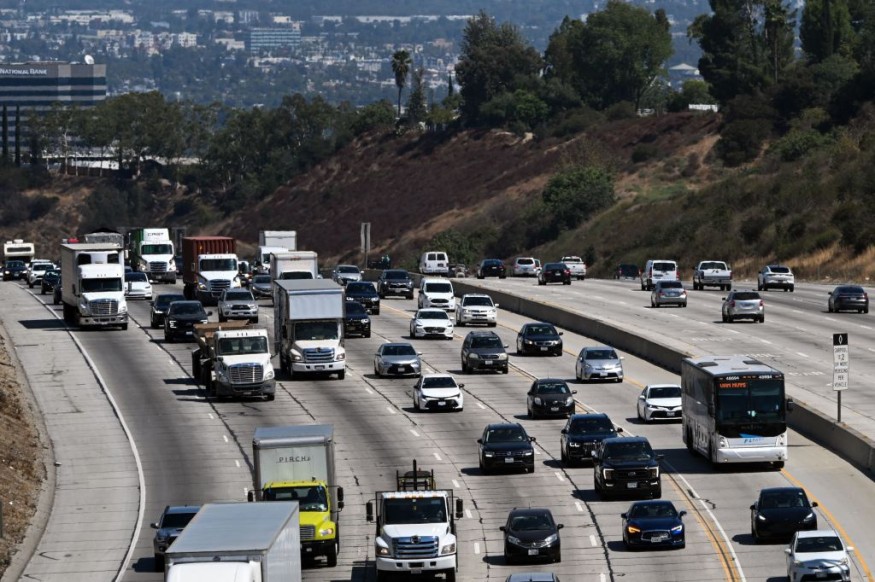California announced on Thursday, August 25, that they have decided to ban sales of "gas-only cars" or "gasoline-powered vehicles" by the year 2035.
First announced in 2020 by California Governor Gavin Newsom, it was only until recently that the California Air Resources Board (CARB) voted on Thursday to approve the new rules and regulations.
The ban will pave the way for the usage of either electric or electric hybrid vehicles only.
Following the Golden State's decision, Washington state also expressed similar environmental measures after its state governor Jay Inslee announced it this week.
Local sources said that the specific regulations surrounding its gas-dependent automotives is still unclear at this time.
Regardless of the announcements, the Biden administration still needs to approve both the state governments proposal for it to take effect.
For years, various states across the United States have been grappling with the issue of car emissions, which accounts to a large portion of the country's greenhouse gas emissions.
In the case of California, the state has been reported to be the leading local government in terms of setting the standards for vehicle emissions.
Other states have also followed its footsteps, which received a mixture of reaction.
Car emissions are known for climate-damaging greenhouse gases like carbon dioxide, methane, and nitrous oxide, which can be trapped in the atmosphere and eventually warm the planet.
Climate scientists, as well as environmental groups and activists, have been advocating against the so-called harmful airborne particles, which accelerate the natural process of greenhouse effect.
California Gasoline Car Ban

CARB Chair Liane Randolph stated the move is a historic moment not only for California but also to their partner states and globally as it sets the stage for a zero emission future, as cited by Reuters.
With this, California officials project the rule will cut smog-causing pollution from light-duty vehicles by 2037.
In particular, the rules require 35% of new cars sold to be built or plugged in with hybrid electric (PHEV), EVs, or hydrogen fuel cell by the year 2026.
The said percentage will gradually rise to 68% by 2030 and 100% by 2035.
If these are also implemented and followed, CARB estimated that there will be 2.9 million few numbers of gas-only cars sold in the automotive industry, scaling to 9.5 million less of the conventional vehicles by 2035.
Washington Follows California
In Washington state, car emissions or transportation-related emissions account for over 40% of gas emissions, according to The Guardian.
In 2020, lawmakers in the state passed a law mandating the department of ecology to implement California's zero-emission requirements.
By July, almost 20% of new vehicles registered in Washington were either electric or hybrid, according to the state's department of licensing, as cited by The Guardian.
In the US, cars and trucks collectively are responsible for contributing to almost 20% of all emissions in the nation according to the non-profit organization Union of Concerned Scientists (UCS).
The UCS says vehicles in the North American country emit around 24 pounds of carbon dioxide and other of the global-warming gases "for every gallon of gas."
© 2025 NatureWorldNews.com All rights reserved. Do not reproduce without permission.





